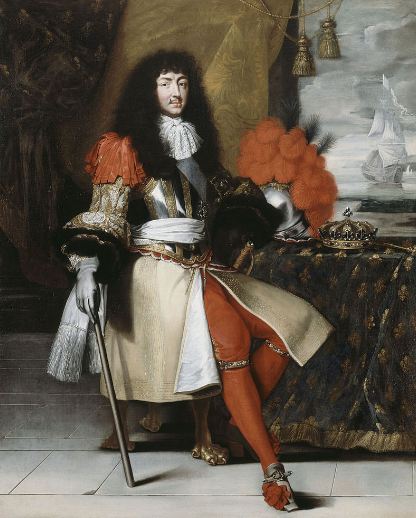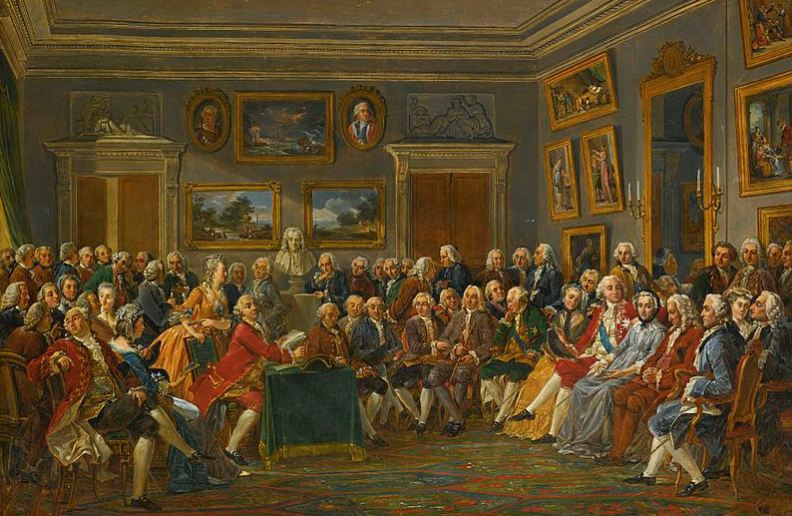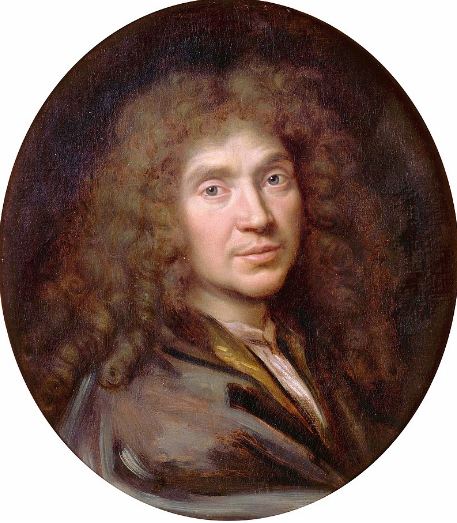Do you know French theater has a history dating back to the 12th century? Back in the 12th century, the idea of dramatic performances for entertainment was emerging in France. Before that, all the theater content was about religious education. In the start, the writing and performance were in Latin, but it was just the start of French theater.
The French Renaissance
The French Renaissance happened between 1500 and 1700; it came late to France than in Europe. The conflict between the Catholic upper class and Protestant middle class was the reason for the delay of the French Renaissance. In this era, public theaters worked closely on the medieval heritage of mystery plays, morality plays, and farces. The influence of medieval dramas was another reason for the delay in French theater.
The Historical Context
At the end of the 16th century, the situation of French theater started to change with the appearance of skilled companies and playwrights, which led to the arrival of Renaissance Theater in France. At that time, public performances of plays were under the scrutiny of the church and a rigid guild system. The guild system consisted of two types:
- Merchant guilds
- Crafts guilds
Confrérie de la Passion was the first all traders and merchants association formed in 1402 to produce religious plays in France. However, in 1548 France’s Parliament prohibited the performances of the mysteries in fear of violence and blasphemy. Religious wars already influenced France, so it was crucial to avoid performances that led to disaster. The Hôtel de Bourgogne was the first theater in French constructed for religious plays. It was also a great theater like Broadway Theater.
The war ended in 1594 with the victory of Catholics, and it was the time for growth and change. When the French recovered from the wars, they saw the impact of the Renaissance around the world. They didn’t have their own Renaissance; they accepted the one that was already in progress.
The Sun King
King Louis XIV, known as the Sun King, played an important role in the development of France. There are many theories about his name (Sun King), but the most famous is when he was a young child, he played a sun in ballet and decided to be known as Sun King. He took the sun as his symbol because his brilliance at court was radiant like a sun. Sun King is also compared to the Greek god Apollo who is the god of the sun.
The 72 years of his reign were the best days for the exciting history of French theater. He transformed France into the most developed and powerful nation. He didn’t make France great by grabbing the lands but by making his country a cultural hub in the continent. He created wealth for French literature in the 17th century, and this golden literature is the reason for French education today.
The Enlightenment Period
The enlightenment period is also known as the age of reason because this describes the scientific, rational, and philosophical spirit. This period has alternative names as Neoclassicism, age of reason, and the Augustus period
Neoclassicism: This period recaptured the heart of classical thinking and literature.
The Age of Reason: the characteristic of this period is the rise of empiricism, both in the theory of knowledge and in the practice of science.
The Augustus Period: This period imitated the literature of the time of the Roman Emperor Augustus.
Now let’s talk about the attributes of Neoclassicism first, which everyone had to follow.
Characteristics of French Neoclassicism
1. Decorum
French Neoclassicism had strict rules that every theater adopted. Everyone should act according to their position in society, a king should act like a king, and a servant should serve as a servant. Everyone expected to behave well, and if they didn’t follow the decorum, they ensured punishment for their failure.
2. Verisimilitude
The supernatural events were prohibited in French Neoclassicism Theater, so no Hamlets and Macbeths were entertained. All the actions had to be accurate and realistic, which was too familiar with the modern realism movement.
3. Unity of Time
All the plays had to take place within 24 hours, and all were to be five acts long. This position led to an absurd situation like in “El Cid,” the war took place in 24 hours, and the actress married her father’s murderer in the next hour.
4. Unity of Place
All the plays and actions took place in a single location. All the actors and directors had to come to the exact location to entertain the audience
5. Unity of Action
All the five-act plays had modeled on ancient Rome Theater, and these plays consisted of a single plot. The theater companies at that time kept 12 actors, and they had to be ready for more when needed. On the other hand, in England, actors were shareholders of the acting company.
6. Purity of Genre
French Neoclassicism restricted the genre to either comedy or heroic tragedy. These two genres were appropriate for the stage. The rule for comedy was a happy ending, and for tragedy, it had to end in death. The death tragedy was only for royal people, not for ordinary people, so comedy was the best fit for ordinary people.
7. Poetic Justice
The poetic justice phrase was for French dramatists. Every character had to act according to their action. Reward for good people and punishment for bad people so that audience must learn a moral.
These were the characteristics of Neoclassicism, and if anybody found not to follow these rules, then the trade association set a punishment for them.
One of the most influential playwrights of that time was Jean Baptiste Poquelin, also known as Moliere. Moliere has a significant contribution to the French theater.
Jean-Baptiste Poquelin Molière
Molière’s father was a furnisher to King Louis, but his family was still apart from royalty and the privileged aristocracy. He studied both classics and philosophy; besides this, he took a law degree but never participated. He changed his name to Molière because he didn’t want to scandalize his family name.
Molière started his career by joining Illustre Théâtre, but this theater lasted for one year. The acting company went bankrupt in 1644, and Molière had to bail out of debtor prison. He endured poverty in his acting life and eventually became director of the Bejart group.
In 1658, Sun King saw his acting in one of the comedy plays at the Louvre. Sun King gave Molière an opportunity to perform in a theater due to his impressive performance. He first produced Tartuffe, or the hypocrite, in three acts in Versailles in 1664. The king liked the play in private entertainment but banned it for public production.
Molière rewrote the play as Panulphe or the hypocrite, but that was irrelevant for pubic production. The society of Holy Sacrament considered it immoral and an attack on the church. In 1669, the Holy Sacrament had been dissolved and a permit issued for the production of this play. It was a successful play because he wrote a satire on religious hypocrisy across societies.
Molière was the best theater actor in the history of French Theater. It was the era of modern literature, and everyone wanted to change ancient literature.
Conclusion
Art and literature have no boundaries, and history lovers always want to connect with the world. A lot has been changed and evolved since the advent of French theater in the 12th century. Back then, the idea of dramatic performances was just for entertainment, but later it got religious and political. No




